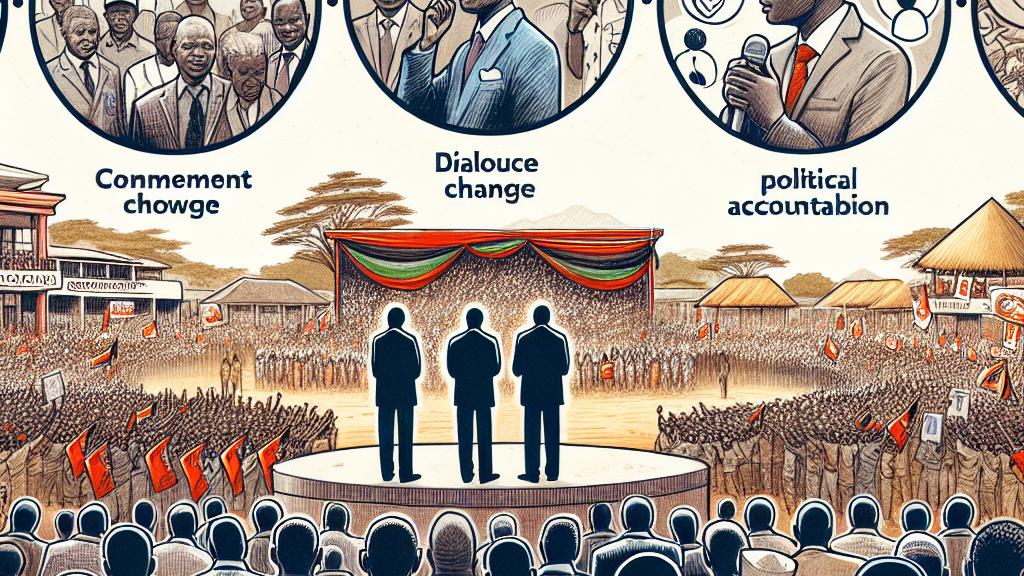Election Showdown: Mutharika's Bold Return in Malawi!
Overview
- Peter Mutharika is set to lead the DPP in the 2025 presidential elections, marking a major political comeback.
- This election pits him against President Lazarus Chakwera in a high-stakes rematch that could reshape Malawi's future.
- The UK and other international partners are stepping up support to ensure a transparent electoral process.

Mutharika's Resurgence in Malawi Politics
In a surprising twist for Malawi's political landscape, former President Peter Mutharika has been declared the presidential candidate for the Democratic Progressive Party (DPP) in the highly anticipated 2025 elections. Mutharika's rise once again as a key political figure comes after a tumultuous period marked by his previous defeat to current President Lazarus Chakwera. Having previously indicated he would not run again, his decision to re-enter the race signals a desire to reclaim political power and respond to calls from supporters who believe he can effectively govern and address ongoing challenges. This comeback not only rekindles hopes among Mutharika's loyalists but also raises critical discussions about leadership, generational change, and political accountability in Malawi.
The High Stakes of the 2025 Election
As Malawi gears up for the 2025 elections, the rematch between Mutharika and Chakwera highlights contrasting visions for the nation’s future. Chakwera, who captured the presidency in 2020 amid allegations that Mutharika's previous administration was rife with corruption, faces increasing scrutiny as his government battles economic challenges exacerbated by the pandemic and global conflicts. Mutharika’s campaign centers around claims that his return is crucial for rescuing Malawi from mismanagement, offering a stark choice to voters who may be disillusioned by the current administration's struggles. Furthermore, internal divisions within the DPP, including disputes over leadership and strategy, could play a significant role in their election campaign, potentially weakening their bid against a more united Chakwera-led Malawi Congress Party (MCP).
International Support for Democratic Integrity
The upcoming elections will not only be a national affair but also attract significant international interest, particularly from the UK, which has pledged £2 million to support the electoral process through the UN Development Programme. This funding aims to ensure the elections are conducted fairly and transparently, addressing the issues of voter registration and public trust that emerged in past elections. By focusing on enhancing the capabilities of the Malawi Electoral Commission and promoting civic engagement, international partners emphasize the importance of ensuring every Malawian has access to a fair voting process. This collaboration is vital not only for the success of the elections but also for reinforcing democratic principles and institutional resilience in Malawi amidst ongoing political and economic challenges.

Loading...